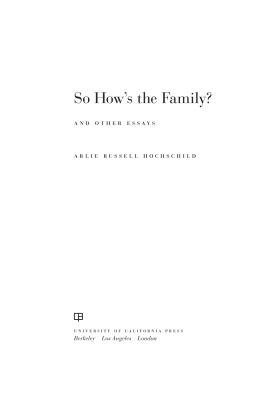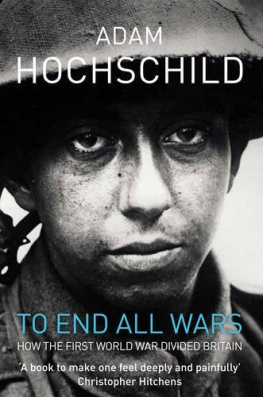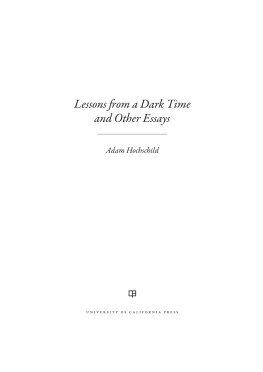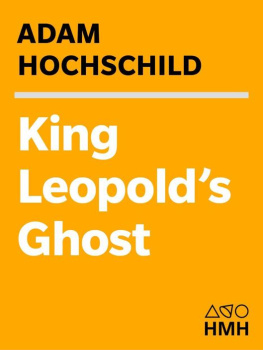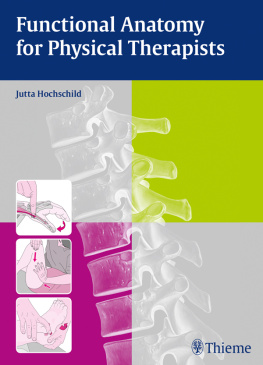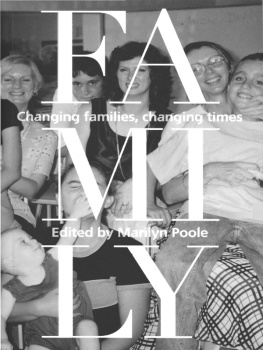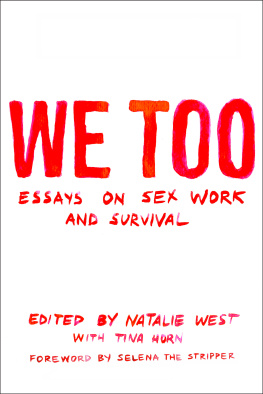
So Hows the Family?
and Other Essays

ALSO BY ARLIE HOCHSCHILD
The Outsourced Self: Intimate Life in Market Times The Commercialization of Intimate Life: Notes from Home and Work Global Woman: Nannies, Maids, and Sex Workers in the New Economy (coeditor)
The Time Bind: When Work Becomes Home and Home Becomes Work The Second Shift: Working Parents and the Revolution at Home The Managed Heart: Commercialization of Human Feeling The Unexpected Community: Portrait of an Old Age Subculture Coleen the Question Girl (a childrens story)
So Hows the Family?
AND OTHER ESSAYS
ARLIE RUSSELL HOCHSCHILD

UNIVERSITY OF CALIFORNIA PRESS
BerkeleyLos AngelesLondon
University of California Press, one of the most distinguished university presses in the United States, enriches lives around the world by advancing scholarship in the humanities, social sciences, and natural sciences. Its activities are supported by the UC Press Foundation and by philanthropic contributions from individuals and institutions. For more information, visit www.ucpress.edu.
University of California Press
Berkeley and Los Angeles, California
University of California Press, Ltd.
London, England
2013 by The Regents of the University of California
Library of Congress Cataloging-in-Publication Data
Hochschild, Arlie Russell, 1940
So hows the family? : and other essays / Arlie Russell Hochschild.
pagescm.
Includes bibliographical references and index.
ISBN 978-0-520-27227-9 (cloth : alk. paper)
ISBN 978-0-520-27228-6 (pbk.: alk. paper)
eISBN 978-0-520-95678-0
1. FamiliesUnited States.2. WomenSocial conditions.3. United StatesSocial conditions1980-I. Title.
HQ536.H6324 2013
306.850973dc232013003818
Manufactured in the United States of America
22 21 20 19 18 17 16 15 14 13
10 9 8 7 6 5 4 3 2 1
In keeping with a commitment to support environmentally responsible and sustainable printing practices, UC Press has printed this book on Rolland Enviro100, a 100% post-consumer fiber paper that is FSC certified, deinked, processed chlorine-free, and manufactured with renewable biogas energy. It is acid-free and EcoLogo certified.
For Rosa and Sonia
To see what is in front of ones nose needs a constant struggle.
George Orwell
Contents
|
|
|
|
The Personalized Market and the Marketized Self
(with Sarah Garrett) |
At Home in the Office
(with Barrie Thorne) |
|
| ON THE GLOBAL BACKSTAGE |
Children Left Behind
(with S. Uma Devi and Lise Isaksen) |
|
Acknowledgments
Many thanks to Naomi Schneider of the University of California Press, who shepherded these essays into print with such heartening enthusiasm and care, and to the artist who drew the picture on the cover of the book, her eight-year-old daughter. And thanks for an extremely careful job to Christopher Lura, production editor Brian Ostrander at Westchester Publishing Services, and copy editor Vickie West.
Thanks to the anonymous readers for the Press and to Neil Smelser and Rob Willer for their extremely helpful comments on the manuscript, especially on Empathy Maps. A very special thanks to Allison Pugh for a bracing but fantastic tough-love read that rescued me from the idea that I was done. Warm thanks to Sarah Garrett, my gifted co-author on The Personalized Market and the Marketized Self and comrade-in-arms through the long process of updating statistics and integrating fresh readings into the text. To Bonnie Kwan, deep thanks for her help through every stage of production, her loyal friendship, and her delicious sense of the absurd. To Anita Garey and Karen Hansen, I give my deep thanks for our safely probing conversations during summer visits over the years, a precious gift to this book and to me. To Adam, my deepest gratitude for taking time from his own emerging book on the Spanish Civil War to patiently revisit long-discussed ideas, and for all that he does and is.
And to Rosa, 7, whose leprechaun trap sits waiting on our kitchen floor, and to Sonia, 5, who offered me her most precious box of colored sequins, I dedicate this book.
Introduction
Most of the essays in this book originated as scribbles and exclamation points on yellow, lined paper, and they were often a puzzle to decipher months later. From there, they grew into public lectures, which found their way into print mostly in the last decade, and here they are newly revised. Two essays, So Hows the Family? and Empathy Maps, I wrote expressly for this book, while one essay, The Diplomats Wife, is the very first one I wrote.
Re-reading that essay decades later, I recall a powerful split between two parts of myselfone geared to doing and the other to figuring things out. The year was 1965. Movements of social justice were sweeping the nation as well as the University of California at Berkeley campus where I was a graduate student in sociology. The civil rights movement was on, and I was fresh from a stint teaching black history at Palmer Institute in Sedalia, North Carolina, and work as a freedom school teacher in Vicksburg, Mississippi. Almost weekly, hundreds of Free Speech activists protesting a ban on students rights to sit behind political activity tables in the central plaza were being bused to jail. Fourteen thousand students and others opposed to the Vietnam War marched from the campus to an Oakland army base, holding signs such as Peace in Vietnam, Return to the Geneva Convention, or in one case, simply Why? Barred from the base, students were tear-gassed, beaten, and jailed. The feminist movement was soon to emerge through hundreds of consciousness-raising groups and departmental caucuses. Berkeley was at the epi-center of the national ferment of the 1960s.
With these movements swirling about me, I set about the quiet, steady work of gathering intellectual tools with which to clearly understand what was going on. One day, while researching my first essay, I was poring through an arcane 1963 U.S. Department of State bulletin sent to protocol officers and others at diplomatic missions around the world. It was an etiquette book for diplomats. In what order should various officers and their wives enter and exit a diplomatic reception, it asked. Ambassador first, counselor second, economic officer third, on down in order of importance. How long should the wife of a junior officer stay for an initial courtesy visit to the ambassadors wife? (Approximately 20 minutes unless strongly urged by the hostess to stay longer, although the pamphlet warned that Must you go so soon? does not mean she really wants you to stay.)
Reading about such decorous ritual moments while tear gas canisters were flying outside seemed a little like walking in on Elizabeth Bennett having tea in Jane Austens Pride and Prejudice, while Tom Paine pounded on the front door, the American Revolution astir behind him. Part of me wanted to march out the door behind Tom Paine, the other part wanted to hang out in the parlor with Austen, curious to see what was really going on there. I wanted to climb inside the mind of the protocol officer who penned that advice, the mannerly world of the diplomat, the confining place of women in that world, and perhaps, above all, the dilemma of my mother who had spent thirty years quietly trapped in it. I wanted to find a magic key to unlock her gilded cage, it occurs to me now, and I And my search began to link the public trends astir at that time to the more private world of the family. Some keys unlocked the injustices that so stubbornly remained long after the parades had passed and the marchers gone home. Other keys helped me into the lives of time-stretched working families, online daters, migrant nannies, commercial surrogate mothers, and others, as I report in this book, a sequel to my 2003 collection of essays The Commercialization of Intimate Life: Notes from Home and Work.
Next page
